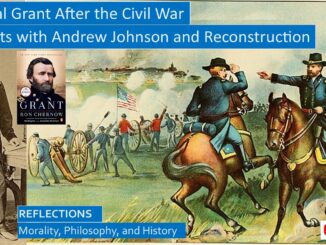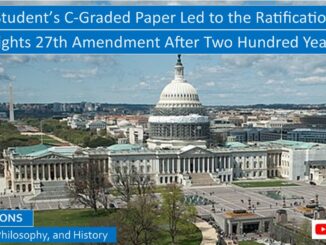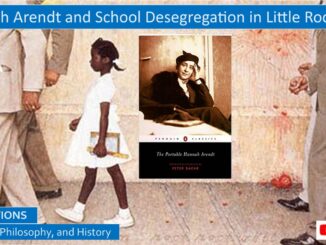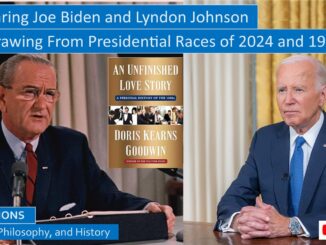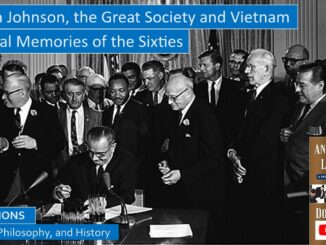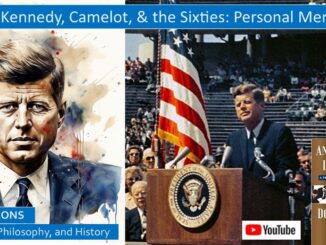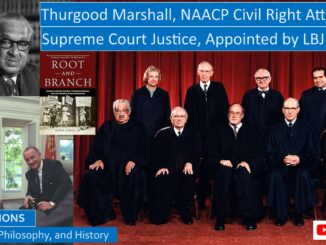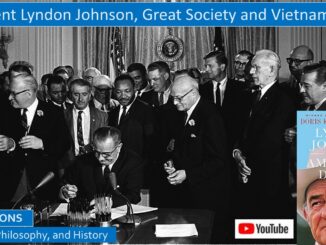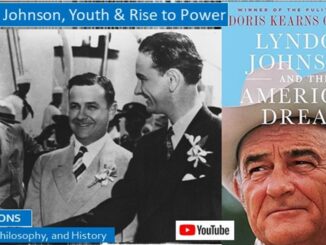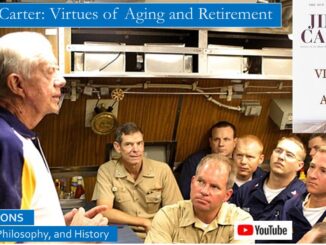
Jimmy Carter on the Virtues of Aging and Retirement
Who do we consider to be old? Jimmy Carter recollects: “In general, our own age determines who we consider to be an old person. When I was in the navy and serving on my first ships, I assumed that officers and men who were retiring after twenty years of service were old, and that those who held on for a maximum of thirty years were almost too set in their ways to deal with the changing realities of modern navy life.” […]

